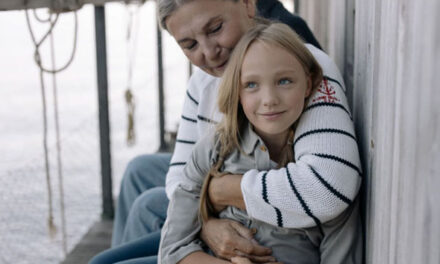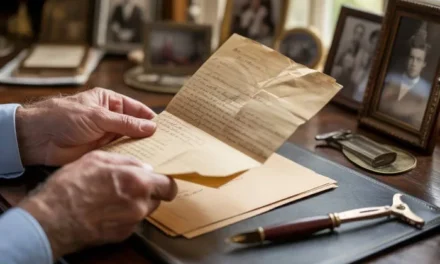In the tapestry of family life, we grandparents often hold a unique and cherished position. We’re the storytellers, the hug-givers, the wisdom-sharers, and often, the silent anchors.
But even the most idyllic family portrait has its smudges and frayed edges. Every family, no matter how loving, experiences its share of complexities, imperfections, misunderstandings, and hurt feelings. Differences of opinion, unmet expectations, and old hurts can create distance—even among those we love most.
There’s a nugget of wisdom in the Bible that should be a guiding star for us as grandparents who want to be peacemakers and reconcilers—whether or not we consider ourselves to be religious. It’s found in the book of Romans, chapter 12:
“If it is possible, as far as it depends on you, live at peace with everyone.”

This is more than just a nice sentiment; it’s a profound idea that can have significant meaning for us in today’s family landscape.
Embracing the Imperfect
No family is without its complexities. Sibling rivalries, generational clashes, and busy schedules can erode connections. As grandparents, we hold a unique position: we’ve seen challenges come and go, and we understand the ebb and flow of family life.
Instead of dwelling on past misunderstandings, we can extend an olive branch. A warm phone call, a handwritten note, or an unexpected visit can break down barriers. Even if others don’t immediately reciprocate, these kinds of gestures will stand as a testament to our commitment to harmony.
Understanding “As Far as It Depends on You”
This is a key phrase in this statement, because we aren’t called to be doormats or sacrifice our own well-being. Instead, it’s an invitation to focus on what we can control: our own actions, reactions, and attitudes. We can’t force reconciliation, change someone else’s mind, or erase past hurts. But we can choose to respond in ways that sow seeds of peace.
For grandparents, this often means cultivating a spirit of grace and understanding. Our children are adults now, navigating their own lives, marriages, and parenting journeys. They will make choices we don’t agree with, and they will parent differently than we did. Instead of judgment, let’s offer empathy. Let’s remember the challenges we faced as young parents, and extend more compassion to them.
The Power of Listening
Peace often begins with being heard. Young parents juggle work, childcare, and endless decisions—sometimes feeling overwhelmed and underappreciated. As grandparents, offering a compassionate ear does more than provide comfort; it shows respect for their struggles. We can ask open-ended questions about their joys and challenges, and resist the urge to criticize or correct. By truly listening, we affirm their role and strengthen that bond. And often, simply being a calm, consistent presence can make all the difference.
Showing Humility
Even grandparents make mistakes. Whether we’ve forgotten a birthday or offered unwanted advice, a sincere apology goes a long way. And when others hurt us, forgiving isn’t just for them—it frees our own hearts from bitterness.
Peace is not passive; it requires intention. As grandparents, we have both the opportunity and the responsibility to model peaceful living. The long-term results can be profound: When we choose understanding over judgment, compassion over criticism, and reconciliation over resentment, that’s part of our lasting legacy.
The Ripple Effect of Peace
Our grandchildren are keenly observant, and our behavior can set the tone for family interactions. They watch how we interact with their parents, their aunts and uncles, and even with those outside the family. When they see us extending forgiveness, demonstrating patience, and actively seeking harmony, we are modeling invaluable life lessons that could stay with them for their whole lives.
In a world that often feels fractured and contentious, the family should be a sanctuary. As grandparents, we have a vital role in fostering that sense of security and belonging, knowing that families that navigate conflict positively often emerge stronger. We can actively contribute to a legacy of love, understanding, and reconciliation that will benefit generations to come.
What’s one “as far as it depends on you” step you can take for a strained family relationship this week? Leave feedback and interact about this challenging topic on our Facebook page.






